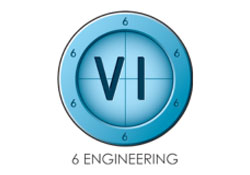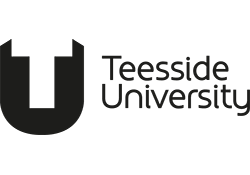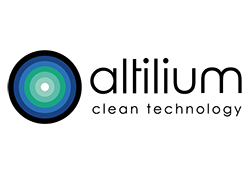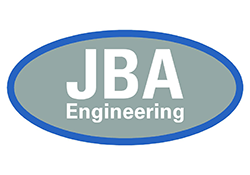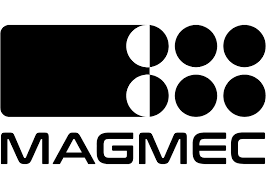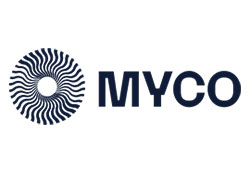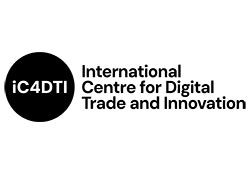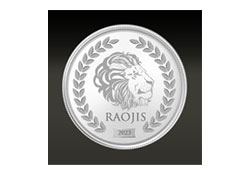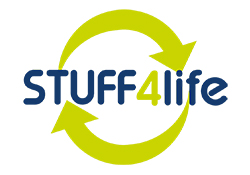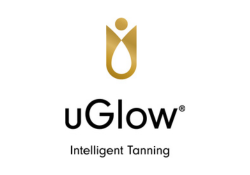A circular future for island wastes 
Research and innovation

By converting end-of-life plastics from aquaculture, fishing and retail supply chains into usable low-carbon fuel, this project addresses both environmental and economic needs of island communities.
Challenge
Island councils face disproportionately high costs for waste logistics and treatment, while local businesses struggle with limited options to manage plastic waste sustainably. At the same time, there is a strong need to reduce reliance on imported fuels and align with Scotland’s decarbonisation and circular economy goals.
Solution
The collaboration deployed NZIIC’s containerised pyrolysis rig – on loan through the Research England Hydrogen Innovation Project (REHIP) – for a live demonstration in Shetland. Hosted by Ocean Kinetics, the trial showed how mixed plastic streams could be converted on-island into liquid fuel, process gas and biochar. The team is now advancing extended testing, safety and emissions validation, and certification for marine and stationary engine use, with a replicable operating model for island contexts.
Impact
The project offers a credible pathway to zero-to-landfill for targeted plastics while retaining energy value within island economies. Key benefits include:
- avoiding export costs and third-party gate fees
- substituting imported diesel and kerosene with local low-carbon fuel
- reducing Scope 3 emissions across aquaculture and port activities
- creating skilled technical roles in operations and maintenance.
The Shetland trial has sparked strong interest from regional businesses and public stakeholders, with potential to expand to other Highlands and Islands sites.
As a university partner, we are focused on solutions that work in the places that need them most. This collaboration shows how science, engineering and community priorities can align to turn a difficult waste stream into local, low-carbon energy, while building a replicable model for other islands.
